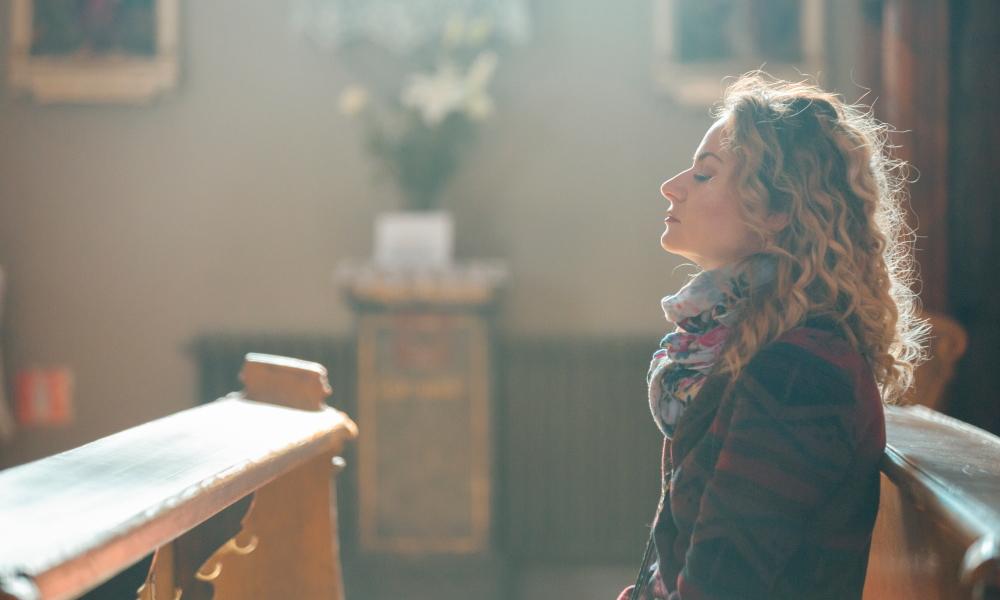
WHAT PRAYING FOR THE DEAD DOES FOR THE LIVING
He prayed for his wife and came to believe that she was with God. He hopes to join her someday.
Many years ago, I visited a man in the hospital. He was going through a very difficult time with grief. His wife had recently died of cancer. He was very lonely and especially troubled. He wondered if his wife was all right. They had lived good lives, but they were not perfect.
As a part of his working through grieving for his wife and responding to his faith that his prayers could still help her if she needed it, the man offered prayers for his wife to God.
The idea of praying for the dead goes back even before the time of Christ. There was a commander of an army of Jews named Judas Maccabeus who realized some of his soldiers who died during battle had amulets of other gods on their bodies. This was a sin, so Judas realized that he needed to do something for them. Scripture says he “then took up a collection among all his soldiers, amounting to 2,000 silver drachmas, which he sent to Jerusalem to provide for an expiatory sacrifice. In doing this, he acted in a very excellent and noble way, inasmuch as he had the resurrection of the dead in view; for if he were not expecting the fallen to rise again, it would have been useless and foolish to pray for them in death. … Thus, he made atonement for the dead that they might be freed of this sin.” (2 Mc 12:43-46)
One of the corporal works of mercy is to bury the dead. For us, that means weeping with those who weep. It means praying for those who have died that they might enjoy the gift of eternal life with Christ. When it is a family member or a friend, it is especially important for us to grieve their loss and remember them to God. God does not forget them and wills our prayers be effective in helping them complete their journey to God.
We call the state and process of purification after death purgatory.
The catechism teaches us that:
- All who die in God’s grace and friendship, but still imperfectly purified, are indeed assured of their eternal salvation; but after death they undergo purification, so as to achieve the holiness necessary to enter the joy of heaven. (1030)
- From the beginning the Church has honored the memory of the dead and offered prayers in suffrage for them, above all the Eucharistic sacrifice, so that, thus purified, they may attain the beatific vision of God. (608)
The Church also commends almsgiving, indulgences, and works of penance undertaken on behalf of the dead:
- Let us help and commemorate them. If Job’s sons were purified by their father’s sacrifice, why would we doubt that our offerings for the dead bring them some consolation? Let us not hesitate to help those who have died and to offer our prayers for them. (609)
It is good spiritual fitness to pray and offer sacrifices for the dead.
Let me finish by telling you what happened to the man in the hospital. He shared with me that one night, while he was sleeping, he had a dream in which his wife came into the room and waltzed across the room. She had always loved to dance in life. She came to him, gave him a kiss, and said, “I am fine, my darling.”
The man woke from the dream. It was so powerful he said he could still feel her presence there with him. He was filled with great peace of mind after this. He had been given the gift to let go of his worry about her. He believed she was with God, and he continued to offer prayers for her and himself that one day he could be worthy to join her. His faith in the mercy of God and the power of Jesus’ resurrection had been restored.



